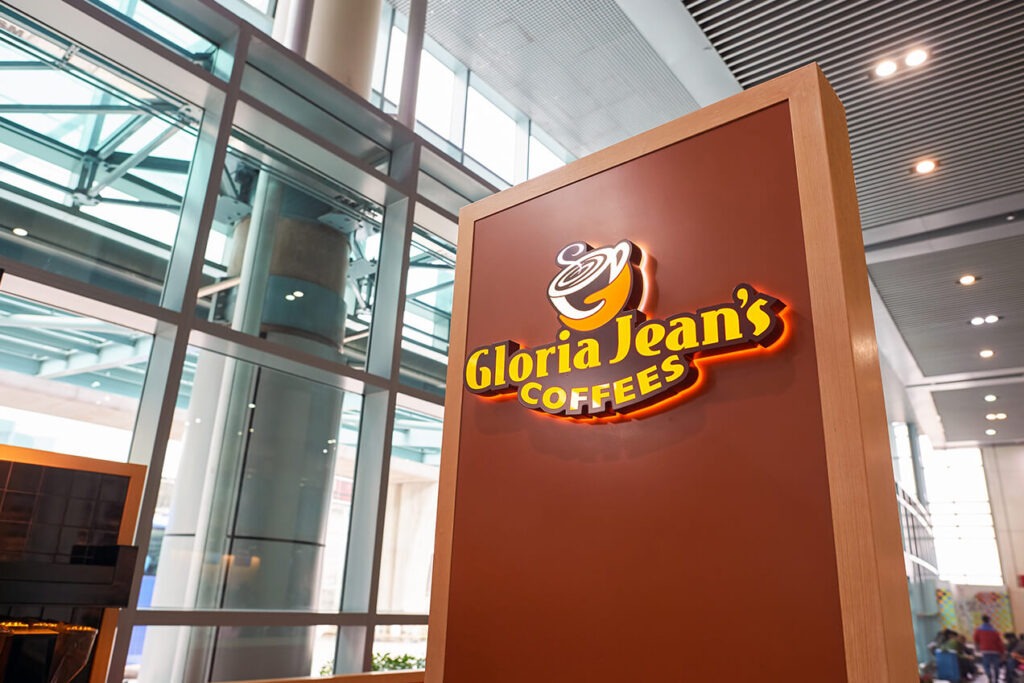Gloria Jeans
Case No. 1443/1/q of 1436H Cancellation of Trademark on the basis of Fraudulent registration Mere similarity with earlier marks does not establish fraud. Fraud shall be proved separately.
Case Number:
(1443)

Detailed Analysis of the Gloria Jeans
The summary of the case facts is that the Plaintiff filed a complaint to Administrative Court in Riyadh with a request to cancel the registration of a registered trademark in Class 43 due to the fact that it is the prior creator, user and registrants of the mark in different countries for the same class. The Plaintiff argued that since it is the owner of other registrations of the same mark in most countries of the world, and that the defendant was aware of its international fame including in Saudi Arabia, the trademark registration is under violated of Saudi trademark law and is tantamount to bad faith registration. According to applicable trademark law to the dispute, if a trademark was registered through fraud or false information, an aggrieved party could file cancellation proceedings.
The defendant mainly argued on the fact that the trademark registration was acquired through proper channel and that the plaintiff did not oppose the acceptance during publication period, therefore the allegation of fraud does not stand in this case.
In its decision the learned judge mentioned that an action brought on the basis of fraudulent registration has a necessary element, which is similarity between impugned trademark and the earlier mark of the plaintiff. The court further ruled out that similarity per se is not decisive in case of fraudulent registrations and that similarity does not (always) itself proves fraud on part of defendants. If a plaintiff is pleading Fraudulent registration, the burden of proof is upon the plaintiff to establish that fraud actually occurred. Unless fraud is established to the satisfaction of court with evidence, the court cannot infer fraud by comparing two trademarks.
The case was refused. In this case, court did not specify what would constitute fraud if earlier international registrations, prior use and similarity are not sufficient to infer fraud. This judgement conflicts with some other judgements in Saudi Arabia where similarity, earlier registrations and use in Saudi Arabia were relied upon to declare fraudulent registrations, which ultimately led to cancellation order from court.
